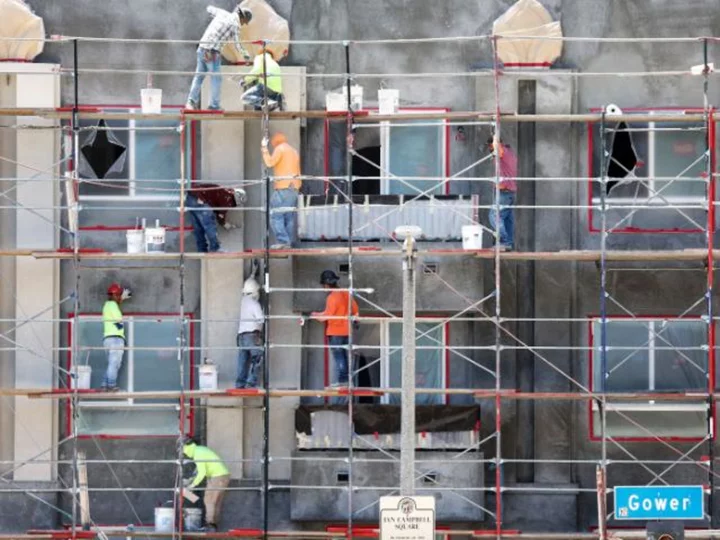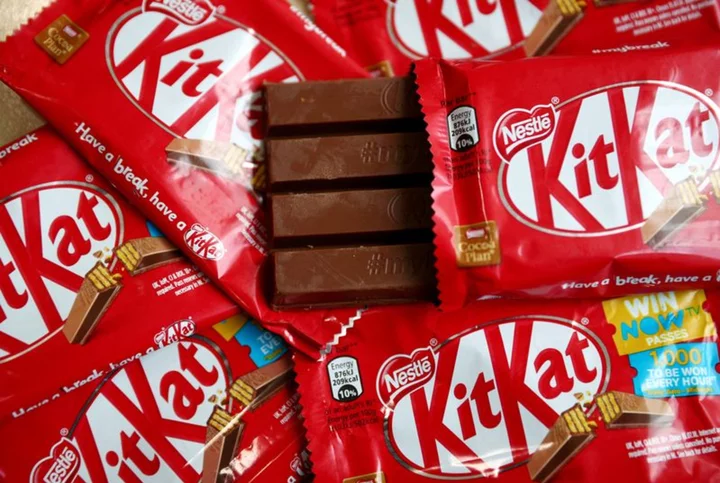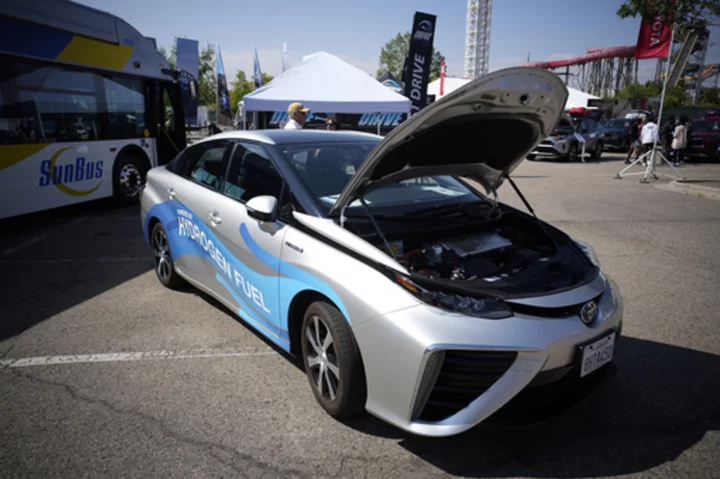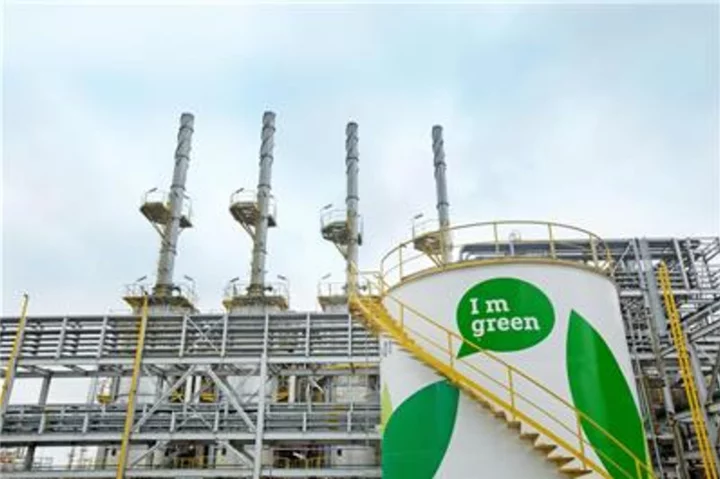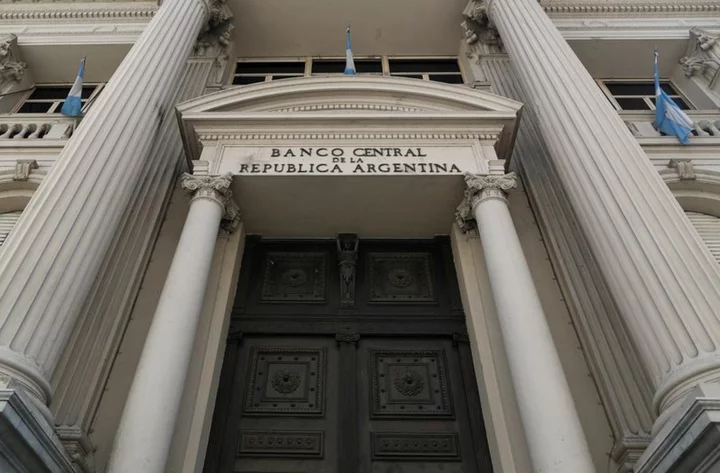Last month, the Bureau of Labor Statistics delivered a jobs report that only Baby Bear could offer: not too hot, not too cold, but just right.
The US economy added 187,000 jobs in July. While that figure was well below the breakneck pace of job growth over the past three years, it was roughly in line with the monthly average seen in the decade before the pandemic.
The unemployment rate settled back down a notch to 3.5%. The jobless rate has calmly drifted between 3.4% and 3.7% since March 2022, the month that the Federal Reserve began an aggressive inflation-fighting campaign that was wholly expected to slow demand and bring unemployment above 4%, if not close to 5%.
The August jobs report, set to be released on Friday at 8:30 a.m. ET, is expected to show that the labor market will stay in this sweet spot. Consensus estimates have net job gains at 170,000 and the unemployment rate holding at 3.5%, according to Refinitiv.
And while plenty of concerns remain that job growth could slow too much and turn negative, the current state of the economy — and recent history — support a belief that this steady state can be maintained.
"We know from the experience of 2015, '16, '17, '18, that the kinds of levels we're seeing now in the labor markets — the number of working hours, the quits rates, the rate of job growth — those can be sustained for a very, very long time," said Julia Pollak, chief economist with online job marketplace ZipRecruiter. "Those are really good, solid, sustainable numbers that lead to gradual real wage growth, gradual increases in prime-age participation rates that gradually draw more people in and off the sidelines and expand the workforce and the tax base and that have all kinds of long-term benefits."
She added: "We could be in a place where this 'Goldilocks' labor market is sustainable and continues for a long time; but there are also considerable risks that the porridge may cool down too much."
Concerns remain
The economy is still growing, but the pace of that growth is moderating. Consumers are still spending, but credit card debt is mounting, delinquencies are rising, and student loan payments are about to resume. Interest rates and mortgage rates are the highest they've been in 22 years, and it's still an open question as to how long they'll remain at this level or climb even higher. Additionally, community banks' loan growth has slowed, which is a cause for concern — especially for small businesses, she said.
"I think it's very much unclear at the moment where we're headed," said Pollak.
The Fed has been wanting to see more slack in the labor market in its battle to bring down inflation. An imbalance between worker demand and supply could cause wages to rise and, ultimately, add upward pressure on inflation. The central bank has tried to tame higher prices by ratcheting up interest rates in efforts to throw cold water on demand.
"The biggest concern in the August report is that the wage growth could be too rapid, leading to a risk of reaccelerating inflation," said Dean Baker, senior economist and co-founder of the Center for Economic and Policy Research, in commentary issued Wednesday. "This would likely lead the Fed to raise interest rates further, which could bring on the recession that had long been predicted by many forecasters."
The annualized rate of wage growth, as measured by average hourly earnings, was 4.9% during the past three months, he said. That's up from 3.4% during the first three months of the year.
'A slow calming'
Tuesday's Job Openings and Labor Turnover Survey report for July, however, was likely music to Fed Chair Jerome Powell's ears: Job openings fell to 8.83 million, their lowest since March 2021; hiring activity slowed; a smaller number of workers quit their jobs and layoffs inched higher.
"I'm expecting an echo of this [JOLTS] report [on Friday], which is a slow calming of the economy," Rachel Sederberg, senior economist with labor market research and analytics firm Lightcast, told CNN.
Private payroll data released by ADP on Wednesday also showed a cooling, with an estimated 177,000 private sector jobs added in August, a sharp pullback after months of robust hiring.
"Job openings are falling, and American workers are more reluctant to leave their positions right now," Andrew Challenger, senior vice president of Challenger, Gray & Christmas, said in a statement on Thursday. "The job market is resetting after the pandemic and post-pandemic hiring frenzy."
US employers announced plans to hire 7,744 workers, according to Challenger, Gray & Christmas data released Thursday morning. That's the lowest monthly total since November 2020.
In its latest monthly Challenger Report, the outplacement and executive coaching firm also reported that US companies announced 75,151 job cuts in August, a considerable upswing from June and July, which saw a combined 64,406 layoffs announced. However, the bulk of the cuts occurred in the warehousing industry, driven by the bankruptcy of trucking company Yellow, which halted operations and laid off 30,000 workers.

